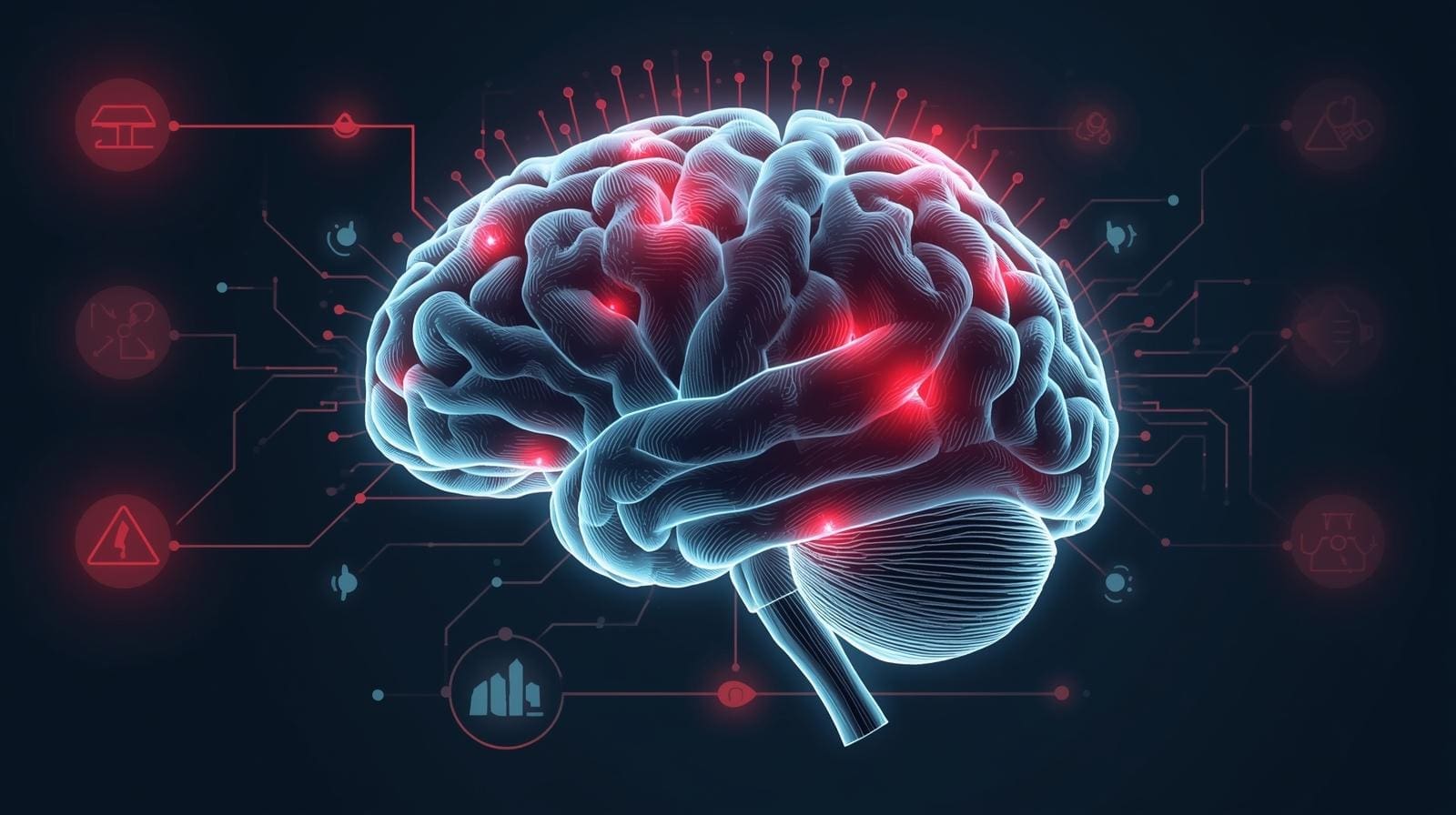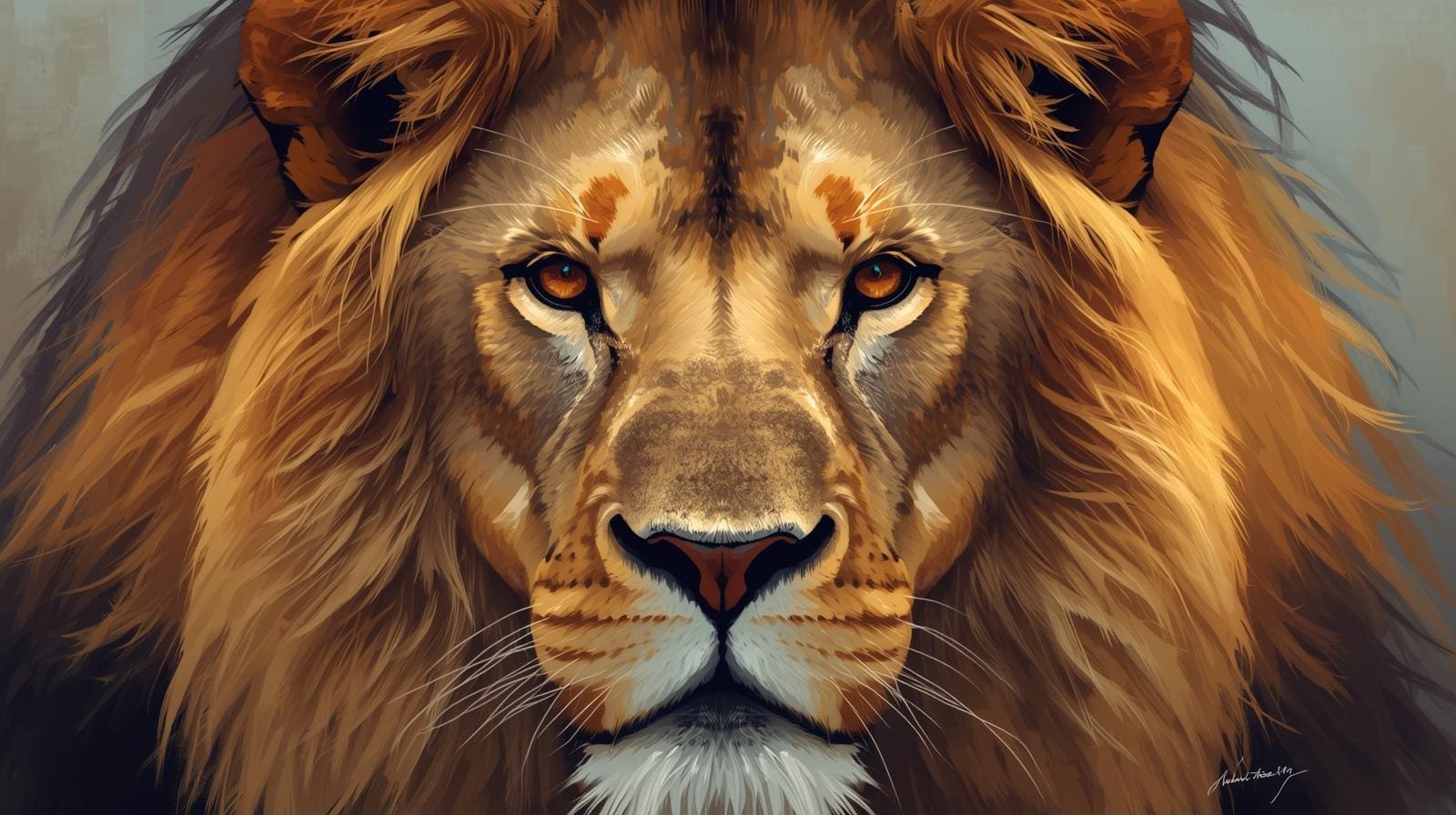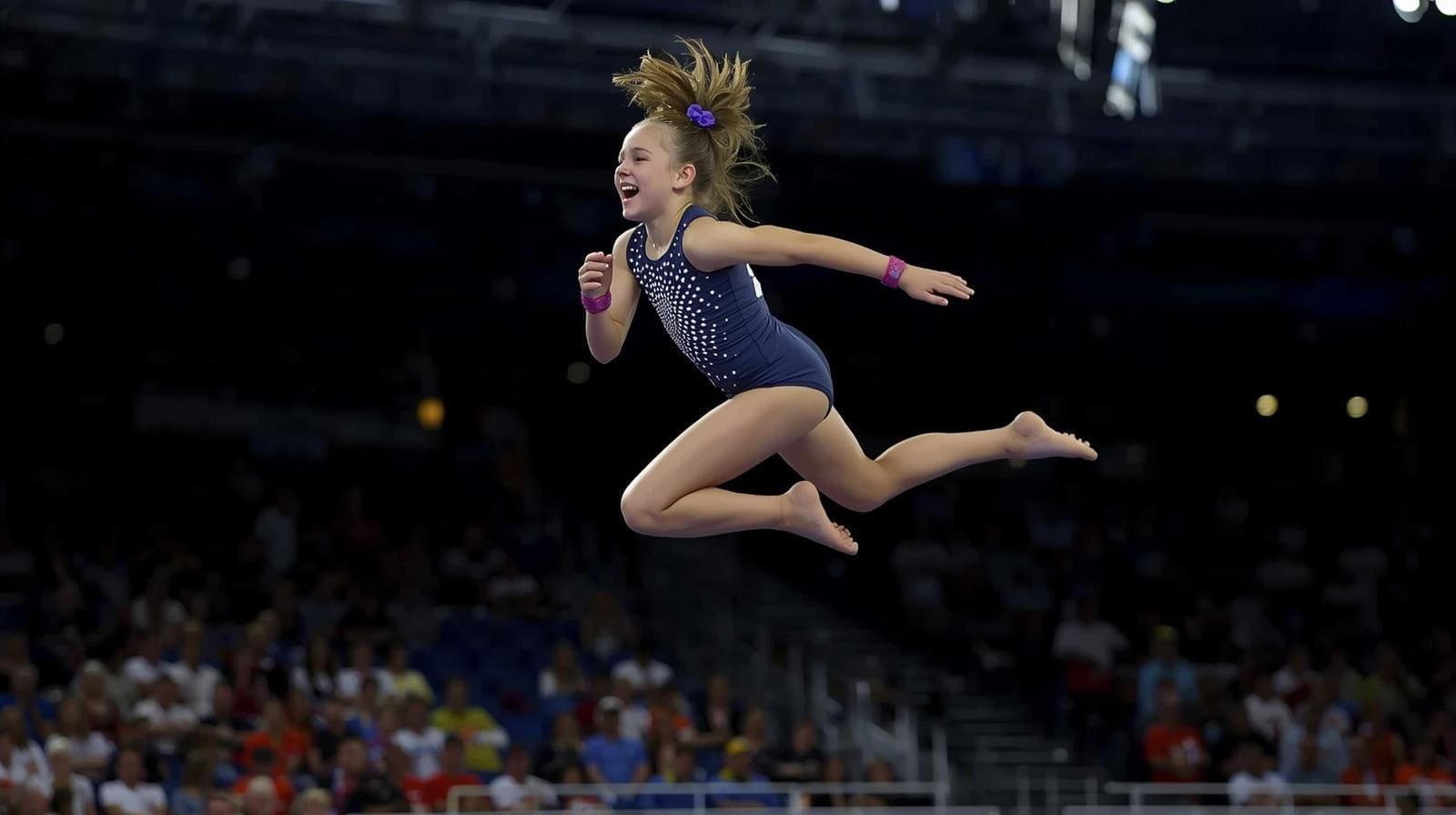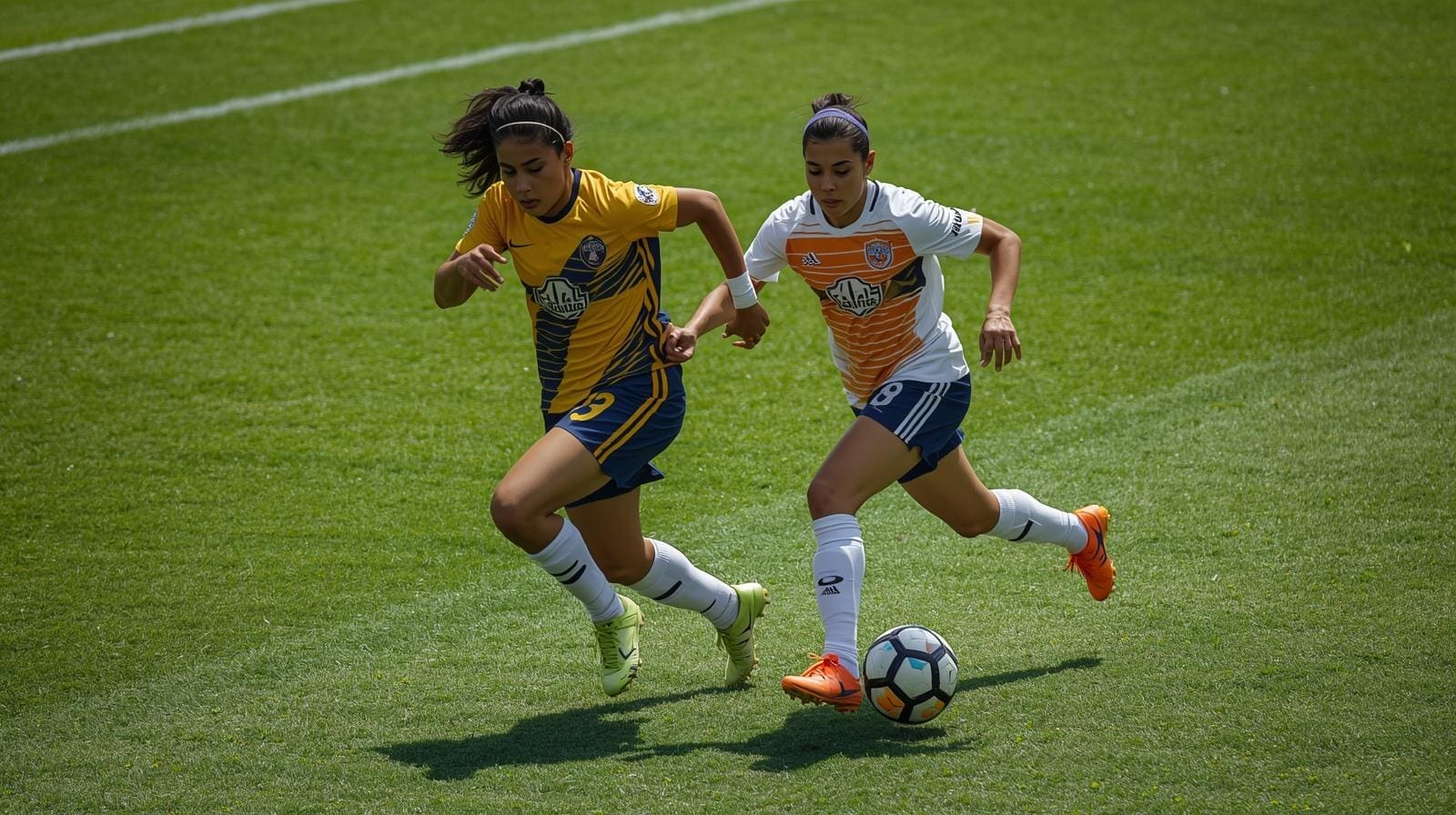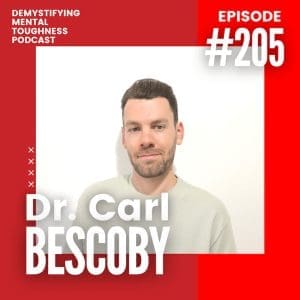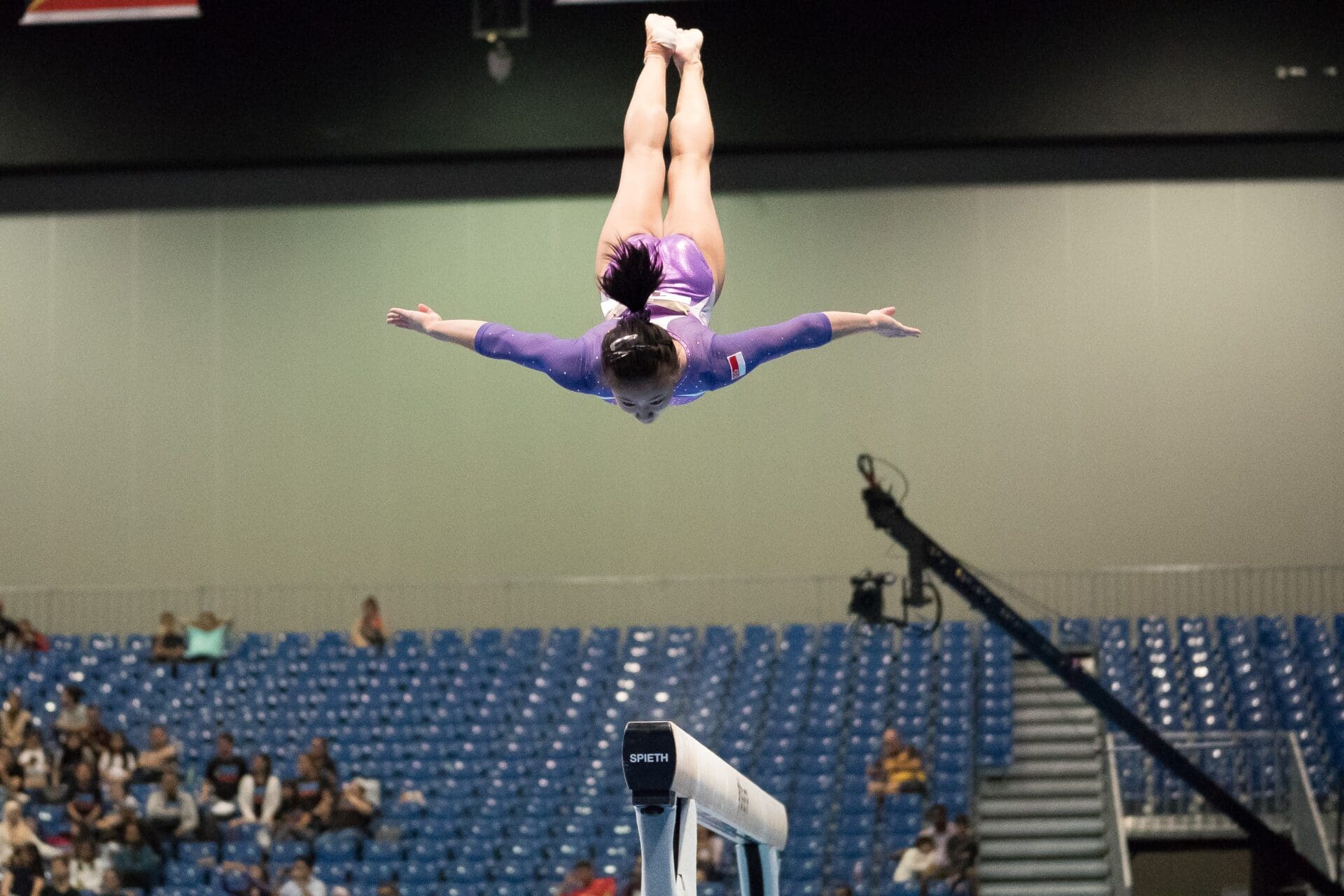There is Hope: How to Overcome Focal Dystonia

Ruth Chiles works with professional musicians from many of the world´s leading symphonic orchestras, as well as from other genres such as jazz, rock and blues. Her experience is also with premier and international league sports clubs, and professional dancers, gymnasts, basketball players, skiers and track athletes, enabling them to resolve their performance blocks, especially focal dystonia. She has nearly 30 years of formation in and experience with leading edge neuroplasticity and neurogenesis techniques. As a musician herself who suffered and has healed herself from focal dystonia and other performance blocks, she understands first-hand what it is like to have your deepest passion snatched from you, the experience of the recovery process, and the joy of returning to confident, freedom and fluidity in your playing.
In mainstream sports psychology when helping individuals to develop their mental toughness and overcome performance challenges sport psychologists are likely to use interventions such as cognitive restructuring, visualisation, goal setting, mindfulness and other relaxation techniques to help athletes. However, when athletes experience trauma and difficulties such as the yips or mental blocks other tools may be required to help them overcome the challenges that they face.
Today I chat with Ruth Chiles, author of The Focal Dystonia Cure, who is a brainspotting practitioner, she goes on to tell you more about focal dystonia and neurological causes of this condition. She also shares some practical tips for those of you who struggle with focal dystonia. This episode is a great listen for those people who suffer from the yips or mental blocks or have experienced trauma in some form.
Key Learnings
- Focal dystonia is a very extreme somatisation in the body of a mental block where the particular movement or a particular part of the body is out of control.
- What is going on in the nervous system sits underneath the body movements, or body blocks.
- Fight and flight responses are when you are highly activated in the nervous system whereas a freeze response is when you experience hyper activation.
- For some people their nervous system has been in a constant state of survival since before child birth. Our very early life history and our attachment to our mother plays a part.
- Brainspotting was developed by a New York psychologist called David Grand where we rewire parts of the brain so that people can respond differently in specific situations.
- We connect to the sub cortex through the body not through the thinking mind.
- When performing we are often in survival mode which can impede fluidity, enlarge muscles and inhibit your fine motor skills.
Connect with David Charlton
Join David @ The Sports Psychology Hub
Instagram, Facebook, Twitter and LinkedIn
Connect with Ruth Chiles
Book: The Focal Dystonia Cure: Powerful and Definitive Practices to Completely Heal Yourself
Relevant Podcast Episodes
Ep013: Karl Morris – How to stay present like a major champion
Ep012: Alessia Bruno – The Yips, Crashes, Trauma in Sport there is hope for Athletes
Ep092: Dr James Hegarty – ACT in Sport, Improving Performance through Mindfulness
Ep131 David Charlton – How to Deal with Self-Criticism using Self Compassion – FINAL PART
Ep142: Alessia Bruno – Is Striving for Perfection a Good Thing in Gymnastics?
Relevant Blogs
Blog: Helping a Critical Child When You’re a Parent
Blog: How to Support an Angry Young Athlete
Using ACT and Mindfulness to Improve Your Sporting Performances
IF YOU ENJOYED TODAY'S SHOW PLEASE SHARE
SUBSCRIBE AND LISTEN ON YOUR FAVOURITE AUDIO PLATFORM
Also, kindly consider taking the 60-seconds it takes to leave an honest review and rating for the podcast on iTunes, they’re extremely helpful when it comes to the ranking of the show and we read every single one of them!

Best Wishes
David Charlton
Global Sports Psychologist who is located near Newcastle Upon Tyne, UK and willing to travel Internationally. David also uses online video conferencing software (Zoom, Facetime, WhatsApp) on a regular basis and has clients who he has supported in USA, Canada, South America, UAE, Australian and New Zealand.
Managing Director – Inspiring Sporting Excellence and Founder of The Sports Psychology Hub. With over 10 years experience supporting athletes, coaches, parents and teams to achieve their goals, quickly.

